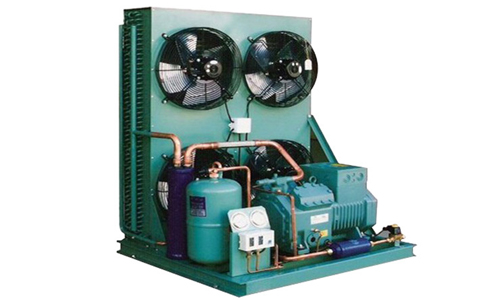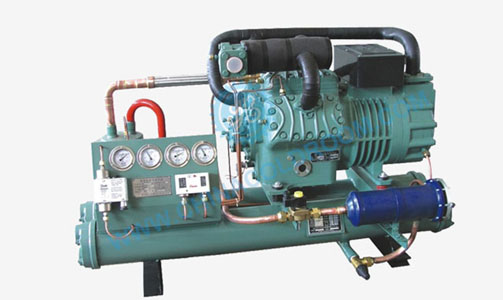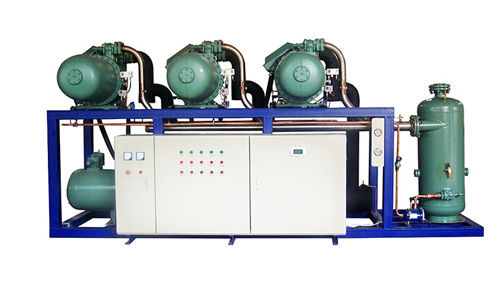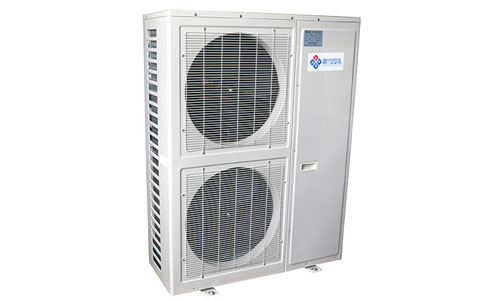In the world of refrigeration and air conditioning, condensing units play a critical role in the heat exchange process, ensuring efficient cooling and optimal performance. Two common types of condensing units are air-cooled and water-cooled units. Deciding which type is better for a specific application depends on various factors, including cooling requirements, space availability, energy efficiency, and cost considerations. This guide will help you understand the differences and benefits of each type to make an informed decision.
Air-Cooled Condensing Units: Advantages and Considerations

Air Cooled Piston Condensing Unit
Water-Cooled Condensing Units: Advantages and Considerations

GEA BOCK Low Temperature Water Cooled Condensing Unit (-35~-25℃)
Choosing the Right Type
The choice between air-cooled and water-cooled condensing units depends on your specific needs:
Conclusion
The decision between air-cooled and water-cooled condensing units hinges on factors such as cooling requirements, available space, water availability, energy efficiency goals, and budget considerations. Each type has its advantages and considerations, and the right choice depends on your specific application and priorities. By carefully evaluating these factors, you can make an informed decision that best meets the cooling needs of your project or facility.








